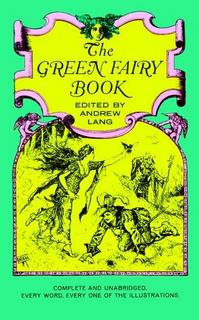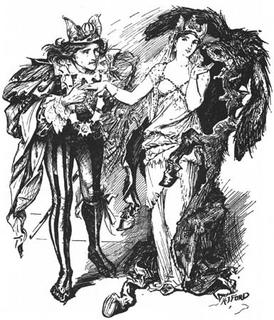
Inspiration can come at the most unexpected times—visiting a lovely, historic place, as the posts this week have demonstrated; seeing a movie with a particularly attractive (some would say hunky) man; reading a book, even if it’s not a romance (man, the ideas I’ve gotten from Dashiell Hammett’s Maltese Falcon. No, just kidding.)
Chances are, each writer’s inspiration is idiosyncratic, speaking to our most primal thoughts and images. For example, I like visiting a nice historic site, but I don’t think I’d get inspired to write because of it, even if I went to Gretna Green, found a blacksmith, and did that whole anvil thing. All five of my fellow bloggers have posted about places they found inspiring.
Me, I’d probably just look around a little and then go find where they sell the coffee.
It’s not that I don’t enjoy visiting historic places, I do; but I don’t feel my writer’s soul quiver when I’m there. For inspiration, I reach back into what I first loved about Happily Ever After stories and come up with two main sources:
A friend of my mother’s gave me The Green Fairy Book when I was born (I’m certain my parents would have preferred burp cloths, but there you go). Needless to say, it took me a couple of years after that to actually read it. And when I did, my romantic streak was born. Andrew Lang collected and compiled fairy stories from all over the world, from Europe to Africa to Asia. His translations, accompanied by H.J. Ford’s amazing art, defined, and continues to define, romance for me.

There are twelve colored fairy books in all, and I would say I’ve read them all close to a hundred times each. When my copies got too worn out and mildewed, my husband replaced them as a birthday present (and this was before the internet made thoughtful shopping so easy).
Also when I was little, my parents and I lived in New Hampshire (stick with me, I am going somewhere). Since both of them worked, I went to a neighbor’s house after school to play with her daughter and her friend’s two daughters. My babysitter was Trina Schart Hyman, a multiple Caldecott Honor Award winning illustrator. Trina’s artwork featured beautiful, independent women with long, wild hair and handsome, honorable men doing noble deeds (it also featured a guy who looked suspiciously like my dad, Trina’s martini-drinking buddy. I always got the olives.).

I read, and re-read, and re-read these stories hundreds of times. I imagined myself disguised as a boy and rescuing a prince from a dragon. I imagined myself sleeping for twenty years and being awoken by a prince. I imagined myself watching as a prince completed an impossible task set him by my father (notice the plethora of princes?) . Of course, I imagined myself as beautiful, graceful and quick-witted as these heroines, too, even though I was a chubby glasses-wearing asthmatic (I’m not chubby anymore, but don’t ever put my glasses near your cat).
And when it came time to write, I didn’t even give it a second thought. I would write a romance, a story where I knew the ending was going to be happy. Those are the stories, and images, that make me happy. That inspire me.
